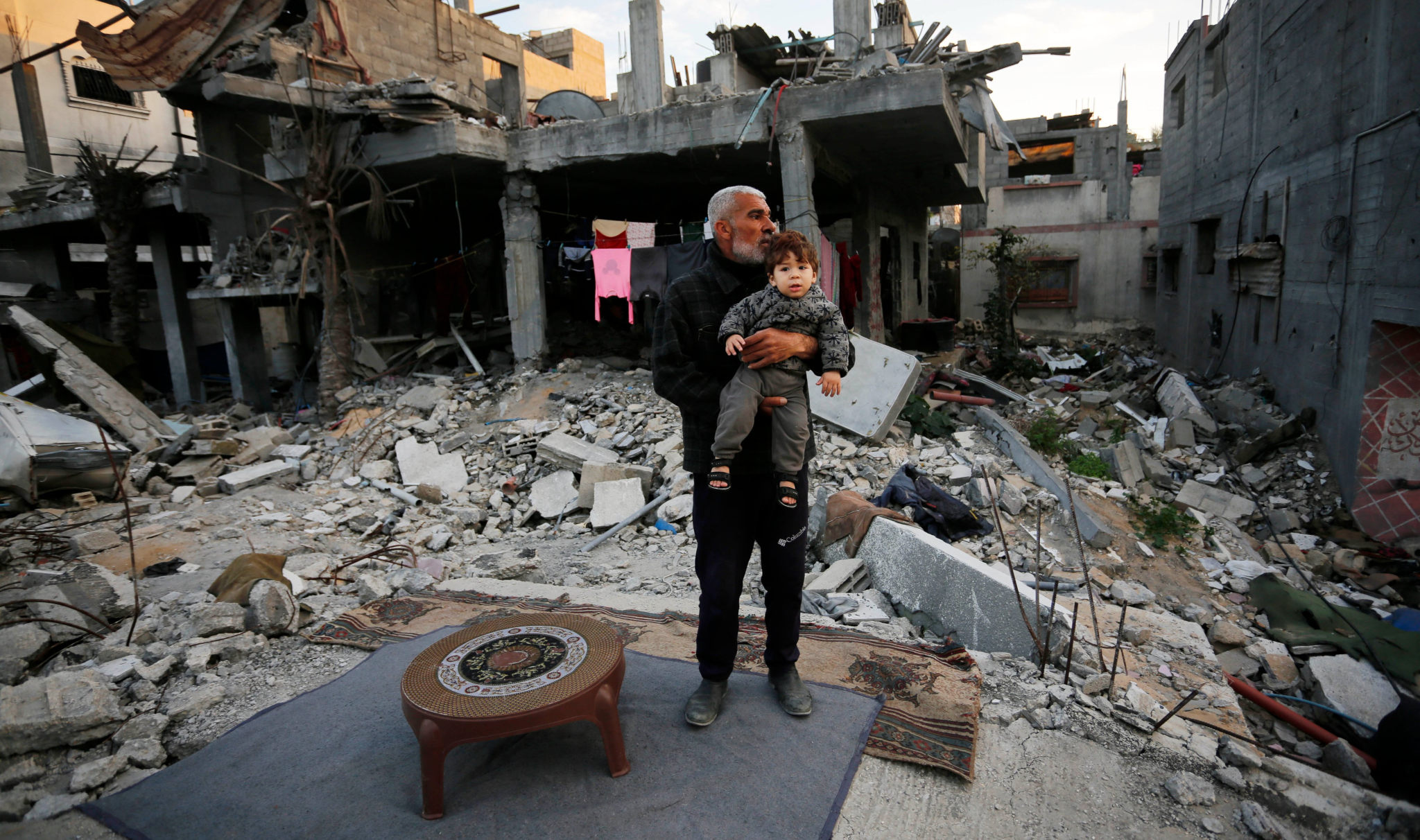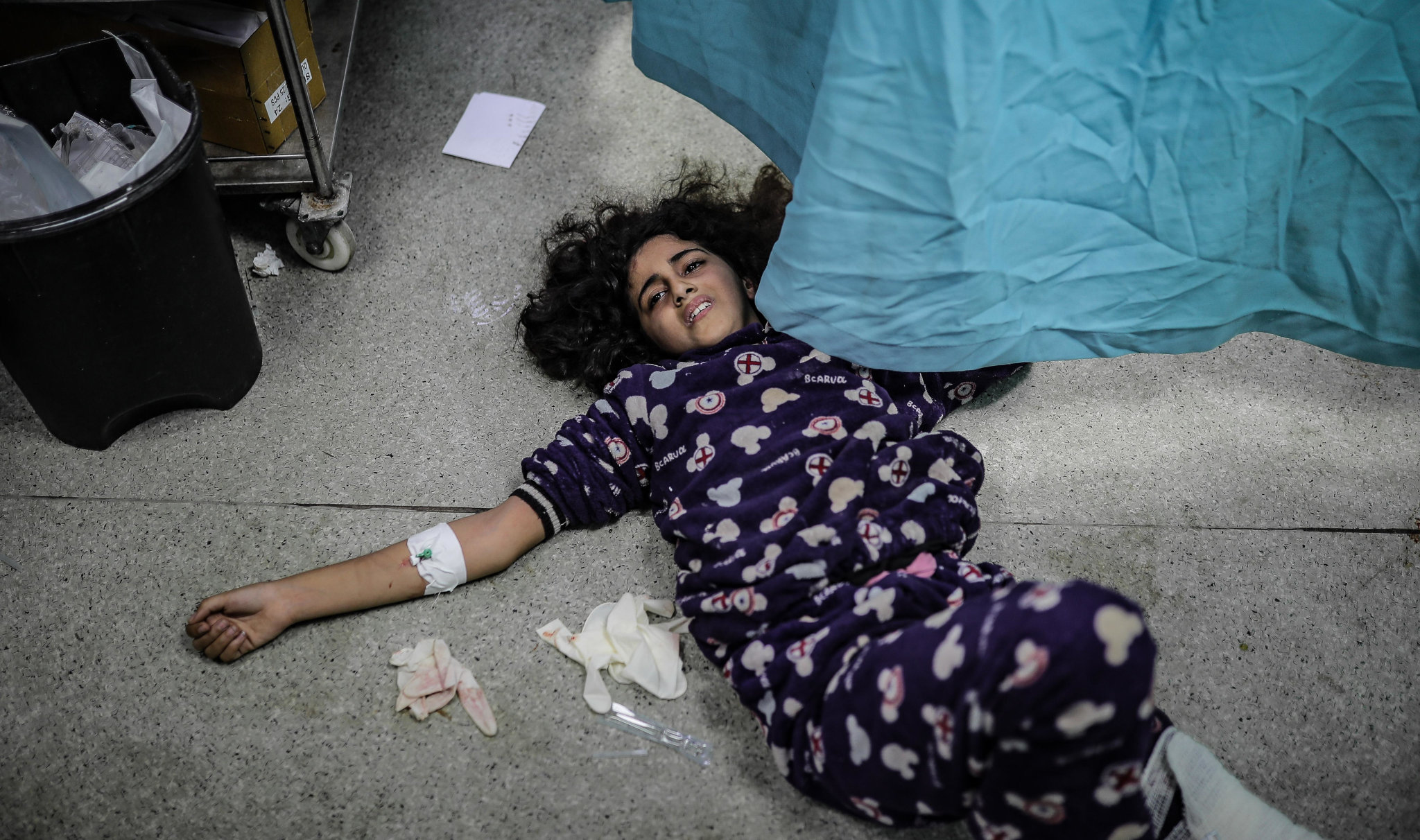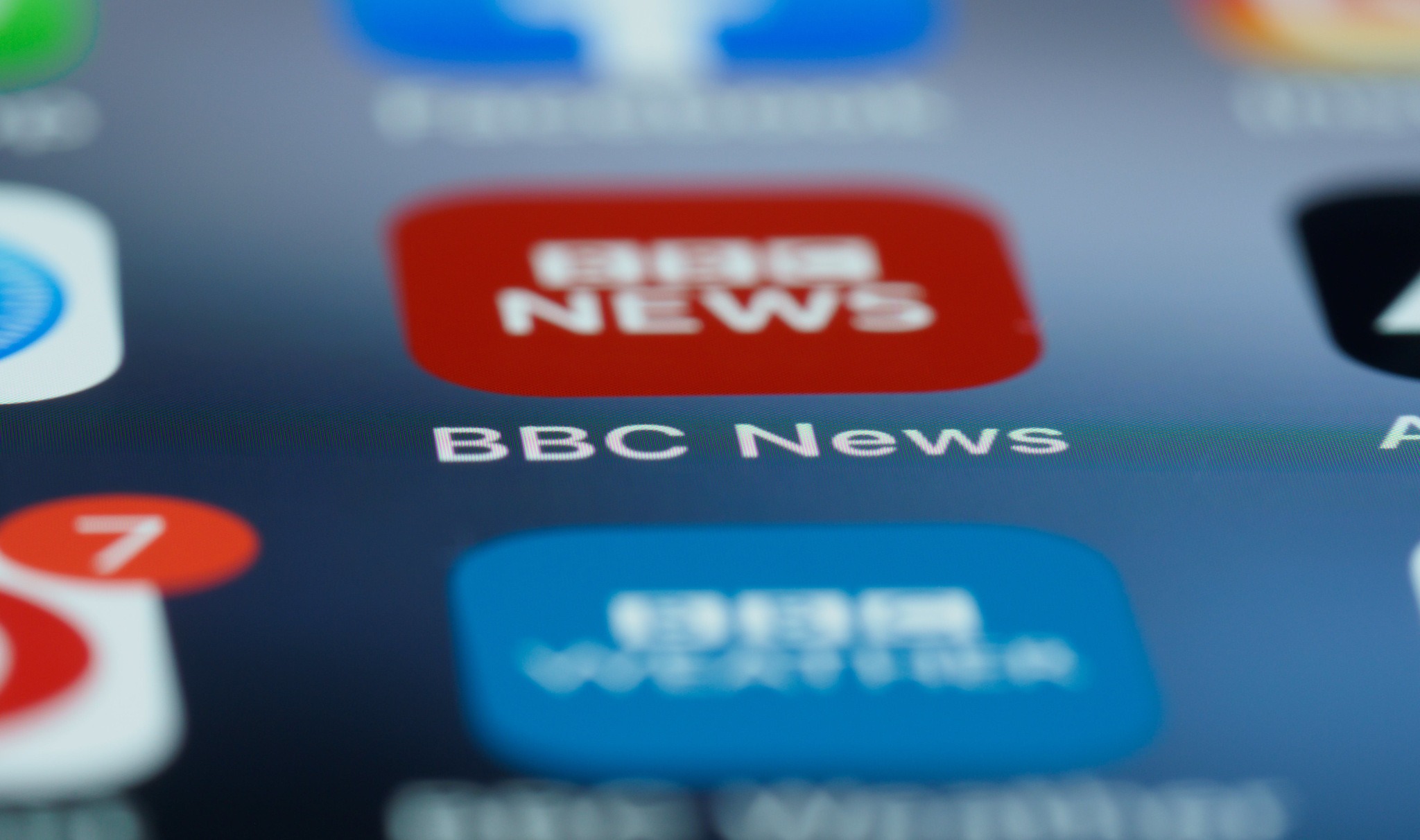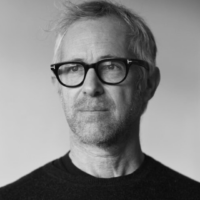The recent comprehensive analysis of British news coverage of Gaza produced by the Centre for Media Monitoring (CMM) found extensive proof that Israeli lives are valued more highly than Palestinian ones.
The report found that TV news output, regulated by Ofcom and required to respect “due impartiality”, was just as implicated in misrepresentation as its unregulated and overtly partisan newspaper counterparts.
On TV, for example, more than 70% of the use of terms like “atrocities”, “slaughter” and “massacre” referred to Israeli victims while “emotive language” on display was deployed far more visibly when speaking about Israeli, as opposed to Palestinian, victims.
“Due impartiality”, according to Ofcom, is meant to acknowledge that it would be impossible for “every argument and every facet of every argument…to be represented”. But nevertheless there is an understanding that impartiality means, as the BBC states in its editorial guidelines, “reflecting all sides of arguments and not favouring any side”.
So why has a commitment to “due impartiality” so obviously failed to provide an even-handed approach to the assault on Gaza let alone one that actually recognises and investigates the genocidal activities of Israeli politicians and generals?
Both sides of an argument
The first point to make is that “impartiality” ignores the fact that we live in a highly unequal world, not least when it comes to military conflict and occupation.
Giving equal weight to “both sides of an argument” often means accepting the false premise of one position over another – that, in this particular case, the argument is only about Israel’s right to defend itself as opposed to the rights of Palestinians to resist occupation.
This is hardly a new problem. In 2006, a report on BBC news coverage of Israel and Palestine commissioned by its then governors, identified a “failure to convey adequately the disparity in the Israeli and Palestinian experience, reflecting the fact that one side is in control and the other lives under occupation”.
This asymmetry is reflected in the CMM’s finding that TV news has promoted Israel’s right to defend itself compared with the Palestinian position by a ratio of 5 to 1.
Broadcasters can claim they are committed to impartiality but study after study shows that, when it comes to coverage of the conflict between Israel and Palestinians, Israeli spokespeople are favoured, Israeli lives privileged and Israeli contexts emphasised.
‘Tight restrictions’
Only recently, leaked accounts from CNN journalists, now managed by the former BBC director general Mark Thompson, revealed that there were “tight restrictions on quoting Hamas and reporting other Palestinian perspectives while Israel government statements are taken at face value”.
Even the most pallid version of impartiality should consist of equal treatment of Palestinian and Israeli deaths, eyewitness accounts, claims and perspectives. Yet the reality is that the news agenda all too often dovetails with the assumptions and starting points of powerful decision makers and western governments – all of them committed to supporting Israeli objectives.
The second issue is that impartiality, even if it was adhered to, is not appropriate for all stories. Would we expect impartiality in relation to the Holocaust and accept a debate between Holocaust deniers and proper historians as legitimate?
Impartiality about the climate crisis has all too often meant a sterile argument between actual scientists and climate sceptics that confuses, rather than illuminates, the issues. The BBC has now admitted that this approach was misleading and unnecessary and an example of the dangers of imposing a “false balance” on important issues.
In fact, following a major row involving one of their news anchors, Naga Munchetty, senior BBC executives asserted back in 2019 that the corporation is “not impartial on racism. Racism is not an opinion and it is not a matter for debate. Racism is racism”.
Approach to genocide
This has not translated into its approach to genocide.
As Declassified has pointed out, major UK news outlets, including the BBC, largely ignored growing claims of genocide against the people of Gaza until the South African government brought evidence to the International Court of Justice (ICJ) in January 2024. The ICJ then found that there was a “plausible” case that genocide was taking place.
“How can UK public service news outlets justify being ‘impartial’ on genocide?”
Since then, references to genocide on broadcasters’ ‘X’ (formerly Twitter) feeds – a sign of their editorial priorities – have virtually disappeared. While there are 54 mentions of genocide in Al Jazeera’s feed since 1 February, there is not a single one in the feeds of @BBCNews, @BBCWorld or @Channel4News.
How can UK public service news outlets justify being “impartial” – or even silent – on genocide if they have declared that it wouldn’t be appropriate to take that position on racism?
Or is genocide simply an opinion and a “matter for debate” (at least when it is debated) and why haven’t broadcasters devoted additional resources, at the very least, to investigating genocidal language and acts as is their public service duty?
Too controversial
Finally, “due impartiality” fails to deal with questions that are not on the news agenda. Issues deemed to be too controversial even to be made visible are simply not covered.
TV news is happy to cover the slashing of a painting of Lord Balfour, one of the architects of Zionism, or to amplify the absurd claim that London is a “no-go zone” for Jews on days when pro-Palestine marches take place in London.
But there are no reports on many of the issues raised by Declassified, for example the reasons behind Israeli military jets landing on UK soil or the links between British MPs and the Israel lobby.
TV news outlets raced to cover the withdrawal of funding from UN aid agency UNRWA by Western governments, following Israeli allegations that staff members were complicit with Hamas.
Yet not a single one of them has followed up in their bulletins reports from CNN and Reuters stating that “Israel coerced some agency employees to falsely admit Hamas links”.
Given this included allegations of waterboarding – a recognised sign of torture – you might have thought that this would prick the interest of editors but there remains only silence on the airwaves.
Instead of an anaemic and misleading commitment to “due impartiality” and the hyper-partisan scaremongering of the billionaire press, we need a journalism that is fearless and independent of the powerful.
If we are to understand what lies behind the current assault on Gaza and how we might secure peace for all people in the Middle East, we need a journalism that is committed to accurate and uncompromising investigation and not a spurious and misleading objectivity that simply hides asymmetrical power relations and the brutal fact of occupation and genocide.




